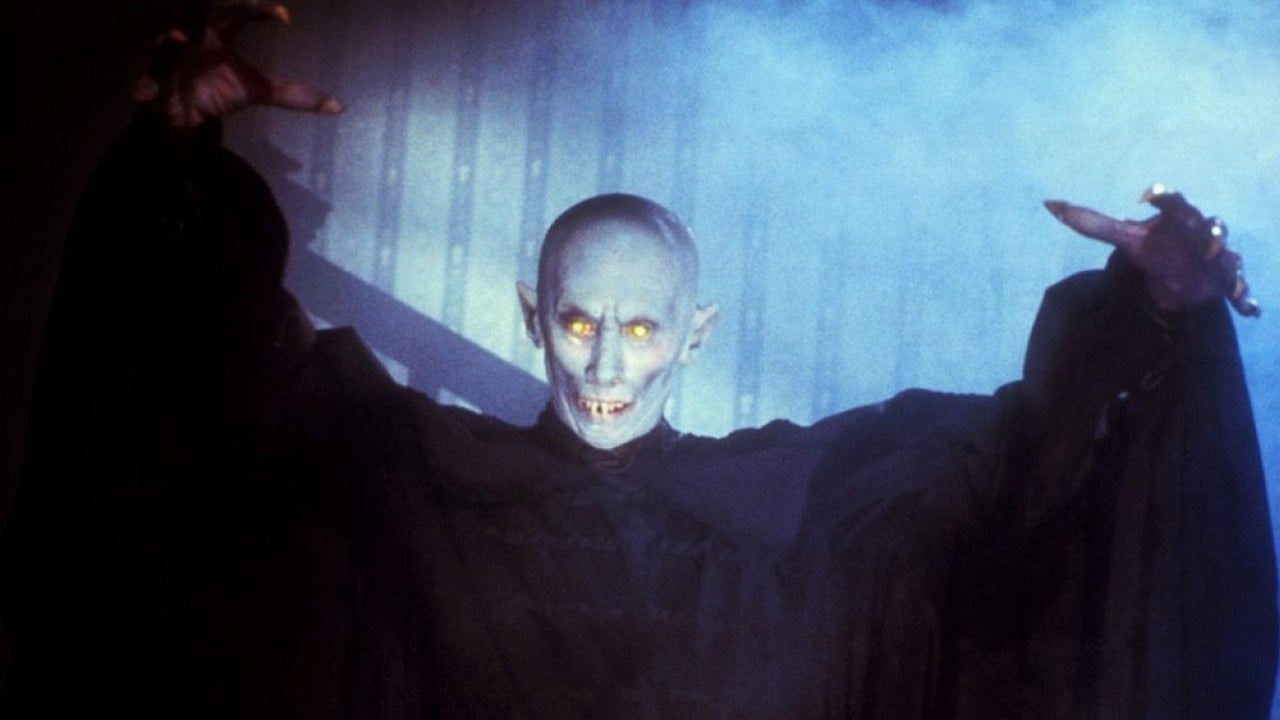‘Salem’s Lot‘, which had formerly carried the renowned ‘New Line Cinema‘ shield, found itself in the unsettling world of WarnerMedia’s post-merger reorganization. Originally planned for a theatrical release, the failed film remained in limbo, its fate as hazy as the terrifying fog that engulfs the cursed town. Many silver screen goals fail due to transition, but the uncertainty that plagued ‘Salem’s Lot’ appeared to stall even the generally rapid horror genre.
Stephen King’s epic storylines, such as the night he famously writes, seem to settle over us like an atmospheric fog. His ability to infuse everyday things with dark magic has fueled many film adaptations, each a gruesome and sparkling jewel in the great crown of his literary legacy.
No adaptation is taken carelessly. With each flicker of the projector, a weight of expectation—both from the box office and from fans—hangs in the air. Such is the weight that is currently rumbling through Hollywood as it prepares to remake King’s 1975 literary landmark ‘Salem’s Lot,’ a vampire tale not far from Europe, but of sinister terror surrounded in the American suburb.
Dusting the Coffin for its Final Home
This convergence of cinematic anticipation, combined with the film’s recent shift to Warner Bros. Discovery‘s streaming platform Max, has cast a shadow over ‘Salem’s Lot‘. We are not yet nearing the release of the film’s reviews or trailer, but the news of its revival on small screens already whispers its own story. An introspective investigation into ‘Salem’s Lot’s‘ route to the screen could serve not only as an ode to the craft of storytelling, but also as a forecast look at the shifting winds of our film industry.
The film’s rehoming to HBO Max came as neither a surprise nor an unforeseen development. Cinematic titans are increasingly withdrawing their visions from the larger-than-life canvas of theaters, preferring the seemingly private and impassively democratic living rooms of a digitally attached audience. For ‘Salem’s Lot,’ the decision symbolizes the conclusion of a chapter that began in elite theatrical houses and finishes in a digital library alongside comedies, romances, and tragedies unfamiliar with the haunting discomfort King unleashes.
A Narrative’s New Reflection
The story of ‘Salem’s Lot’ has progressed from page to screen, from a single narrative offering to the interconnected confines of digital libraries. Each retelling, each repackaging, represents a fractal of the larger storytelling world. It relates to our need to consume, as well as the meta-cinematic story of form and function.






